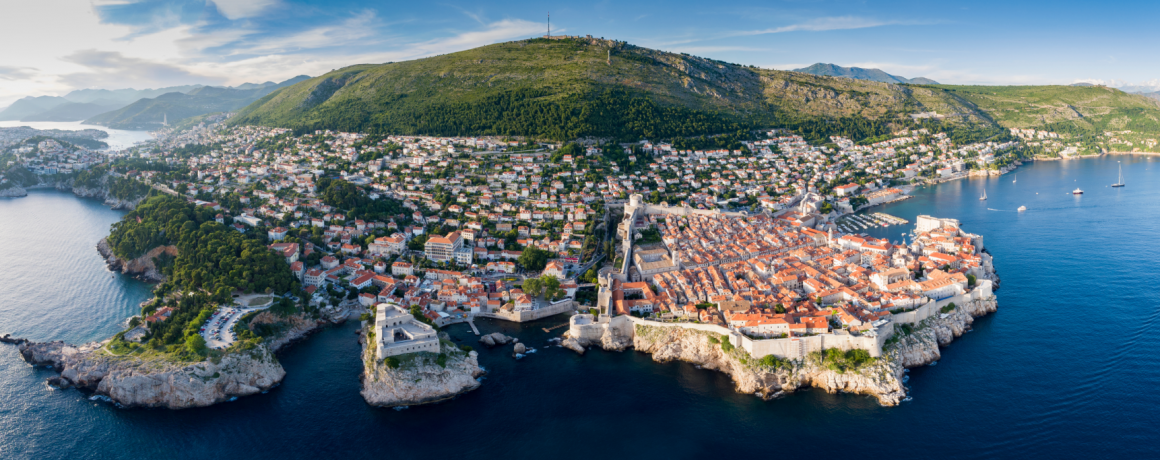Mediterranean Urbanism in the Past and Present
페이지정보
내용
Mediterranean Urbanism in the Past and Present
Sebastian Mueller(HK Professor, Institute for Mediterranean Studies)
One of the essential parts of the Mediterranean cultural landscape are the cities located along the coast and in the nearby hinterland of the sea. As nodal points in the network of trade and communication across the “sea between the lands”, they were places of encounter, negotiations and a medium for new ideas and developments.
In the eastern Mediterranean, more specifically in the Levant, cities began to appear from the Neolithic period, when agriculture and animal husbandry became the dominant form of food production. Since the late Bronze Age, but increasingly in the course of the first millennium BC, cities were distributed throughout the entire Mediterranean. Many of them were not part of a larger power structure, rather they functioned as independent polities with their own customs and culture. Prominently the city states of the Phoenicians, Greeks and Etruscans come to mind. These places, even if in close proximity to each other, could develop divergent political constitutions, traditions, and a unique composition of ethnic groups. One of the connecting elements between these cities was a 'globalized' taste for certain commodities, often reinterpreted locally or 'glocalized'. The development of hybrid cultural elements created a setting and fostered an attitude that could be described as cosmopolitan.
Many cities in the Mediterranean are still permeated by this multicultural and cosmopolitan atmosphere. This applies to their townscapes, which not only reflect their many years of eventful history, but also represent the multitude of cultural currents that converged on one another. It is, however, much more the encounter and interaction of people in cities such as Rome, Marseille, Barcelona, Tunis, Alexandria, Istanbul or Athens that creates a familiarity despite a different and unique environment. Although the sea has become more of a border than a bridge in the last century, multicultural encounters are commonplace in Mediterranean cities. This is due to the tourists from all parts of the world and the immigration of people from different backgrounds and with different motivations.
Cities like Venice or Dubrovnik depend to a huge degree on the tourism industry but at the same time suffer from overtourism. The life quality of the cities’ inhabitants is at risk as well as the natural resources. The main challenge of this and other historic cities is to preserve their unique character without becoming a mere open-air museum and to provide a livable environment for the locals who create that special atmosphere that millions of tourists seek when they visit the Mediterranean.
The last two years have shown how fragile the reliance on tourism can be. One of the Mediterranean conditions that historically contributed to its dense network of exchanges, the limitations of self-sufficiency, has emerged as a problem in modern times. New perspectives and a wide range of opportunities in the growing urban living environment beyond the tourism industry are the key to enabling the younger generation in particular to lead a successful and happy life. This is however not only a question of economic conditions and it requires a shift of cultural traditions away from patriarchal thinking and youth-directed ageism towards an inclusive and truly cosmopolitan way of life that embraces the developments in a connected world.





